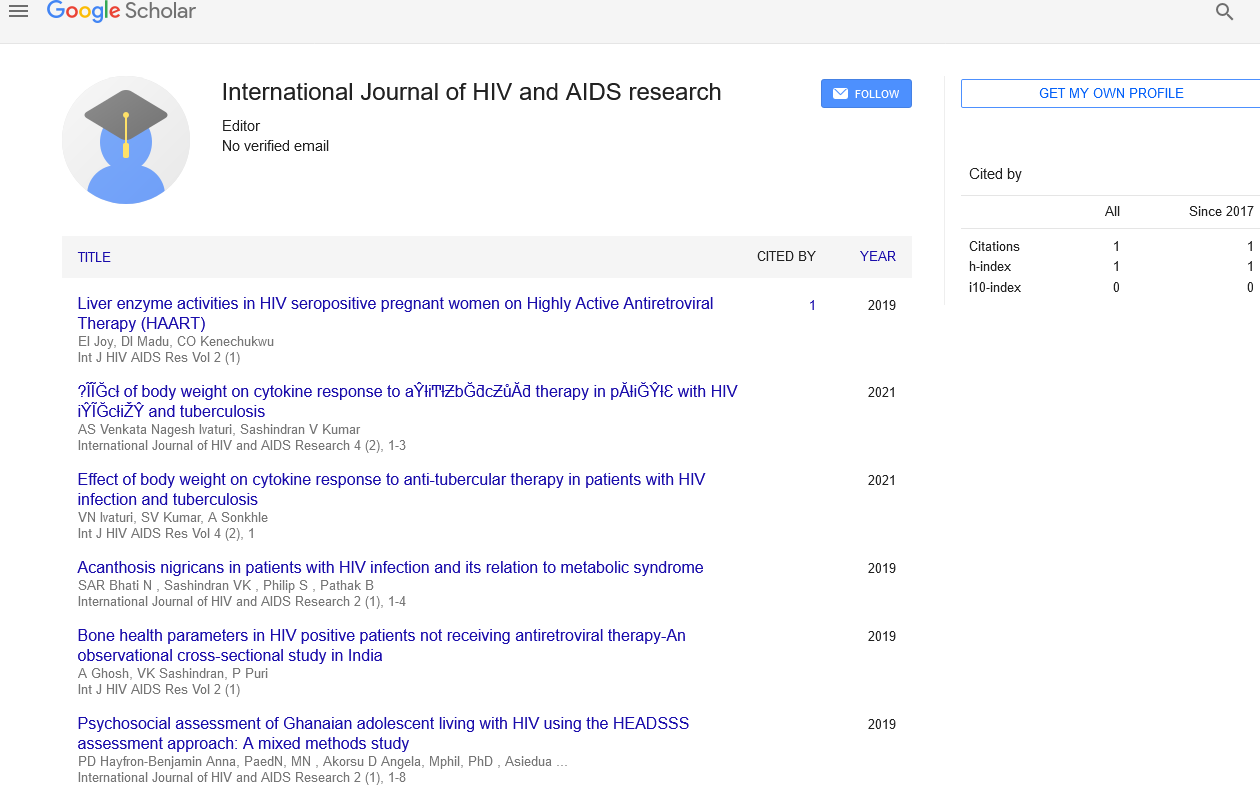Production and functional characterization of food compatible biosurfactants
2 CSIR- Institute of Minerals and Materials Technology, Bhubaneswar, Odisha, India, Email: sanchita.khanna09@gmail.com
Received: 12-Oct-2018 Accepted Date: Jan 05, 2019; Published: 14-Jan-2019
Citation: Sanchita K, Pritisnigdha P. Production and functional characterization of food compatible biosurfactants. Appl Food Sci J. 2019;3(1):1-4.
This open-access article is distributed under the terms of the Creative Commons Attribution Non-Commercial License (CC BY-NC) (http://creativecommons.org/licenses/by-nc/4.0/), which permits reuse, distribution and reproduction of the article, provided that the original work is properly cited and the reuse is restricted to noncommercial purposes. For commercial reuse, contact reprints@pulsus.com
Abstract
As food industries contribute the most in ascending the socio-economic status of the nation, it is mandatory as well as a necessity to uplift and maintain the food industry. But the major problem faced is spoiling of food which possibly will lead to reduced availability of food. Though, multiple precautions are being taken to reduce the loss due to spoilage, such as using chemical based preservatives, treatment with antimicrobial formulations, low temperature treatment. But they are accompanied with some disadvantages too, like increase in cost of the product, side effects, high maintenance, increase blood pressure etc. Hence, the potential solution for the food spoilage can be the use of biosurfactants, which are derived from edible food products (mainly focusing on food products containing Lactobacillus, and further it can be checked to exhibit the antimicrobial potential, due to which it can efficiently be used in food preservation, thereby proving as a bane to the food industry. Therefore, various tests for toxicity can also be implemented to check any toxic effects, if caused by the obtained biosurfactants. Thus, a negative toxicity test will render the biosurfactant for consumption.





